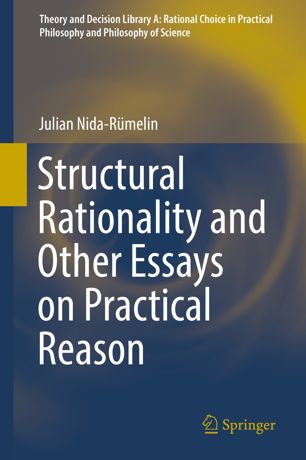

Most ebook files are in PDF format, so you can easily read them using various software such as Foxit Reader or directly on the Google Chrome browser.
Some ebook files are released by publishers in other formats such as .awz, .mobi, .epub, .fb2, etc. You may need to install specific software to read these formats on mobile/PC, such as Calibre.
Please read the tutorial at this link: https://ebookbell.com/faq
We offer FREE conversion to the popular formats you request; however, this may take some time. Therefore, right after payment, please email us, and we will try to provide the service as quickly as possible.
For some exceptional file formats or broken links (if any), please refrain from opening any disputes. Instead, email us first, and we will try to assist within a maximum of 6 hours.
EbookBell Team

4.1
50 reviewsIn this book, the author shows that it is necessary to enrich the conceptual frame of the theory of rational choice beyond consequentialism. He argues that consequentialism as a general theory of rational action fails and that this does not force us into the dichotomy teleology vs deontology. The unity of practical reason can be saved without consequentialism. In the process, he presents insightful criticism of standard models of action and rational choice. This will help readers discover a new perspective on the theory of rationality.
The approach is radical: It transcends the reductive narrowness of instrumental rationality without denying its practical impact. Actions do exist that are outlined in accordance to utility maximizing or even self-interest maximizing. Yet, not all actions are to be understood in these terms. Actions oriented around social roles, for example, cannot count as irrational only because there is no known underlying maximizing heuristic.
The concept of bounded rationality tries to embed instrumental rationality into a form of life to highlight limits of our cognitive capabilities and selective perceptions. However, the agent is still left within the realm of cost-benefit-reasoning. The idea of social preferences or meta-preferences cannot encompass the plurality of human actions. According to the author they ignore the plurality of reasons that drive agency. Hence, they coerce agency in fitting into a theory that undermines humanity. His theory of structural rationality acknowledges lifeworld patterns of interaction and meaning.